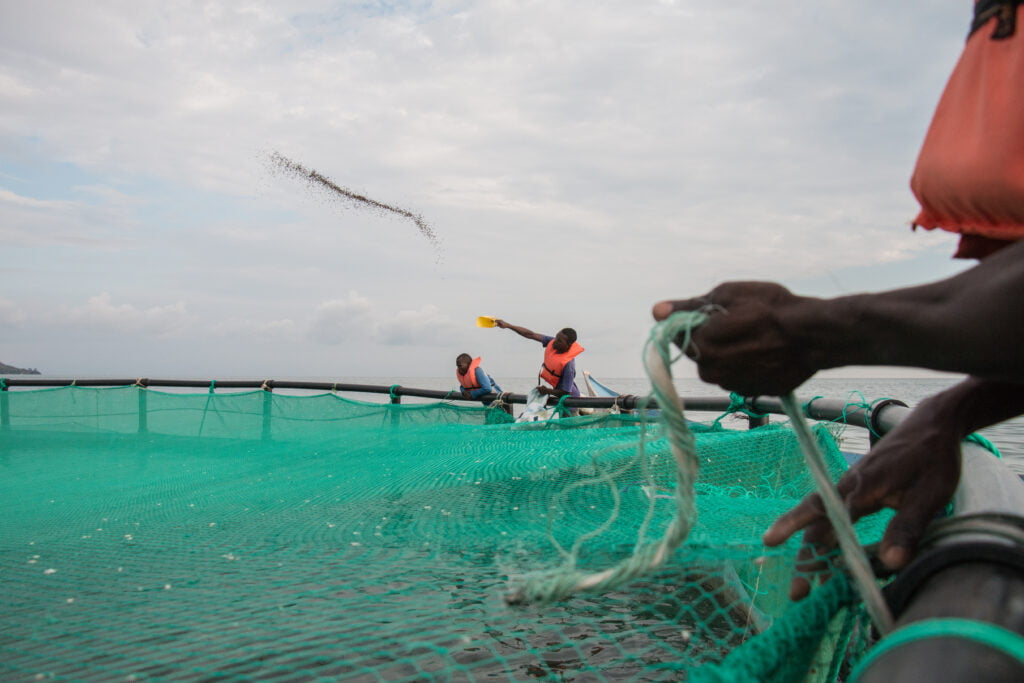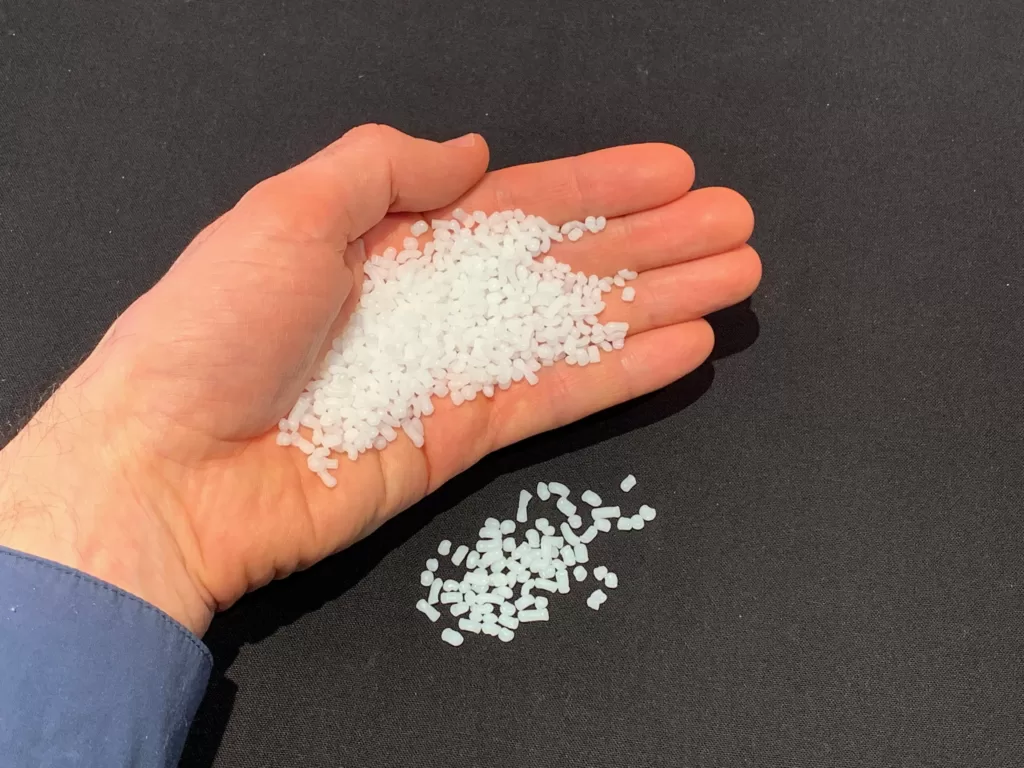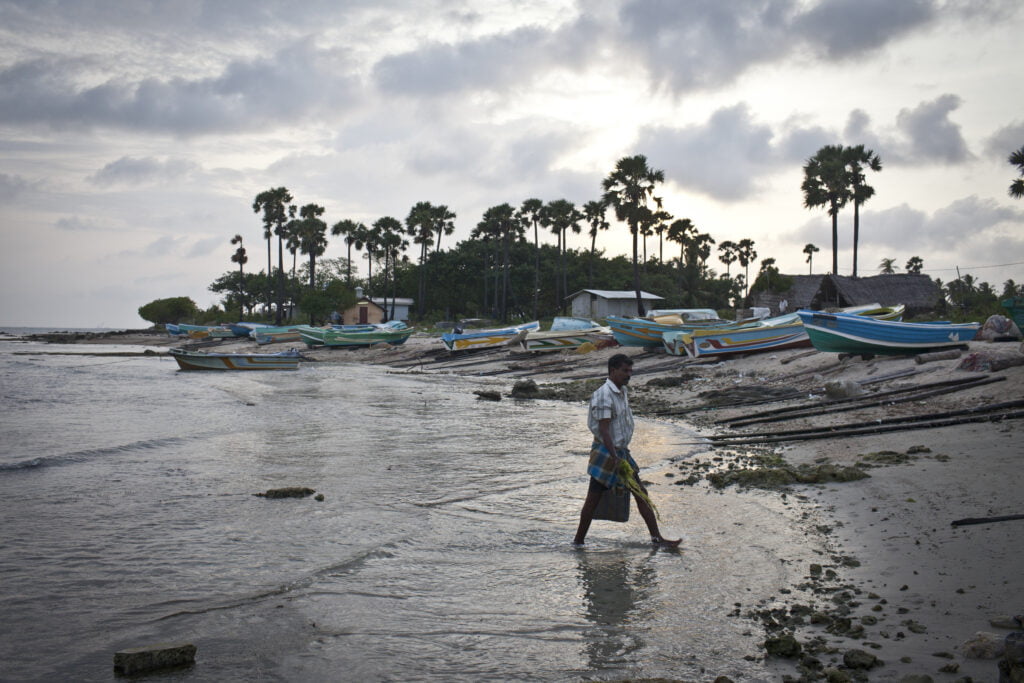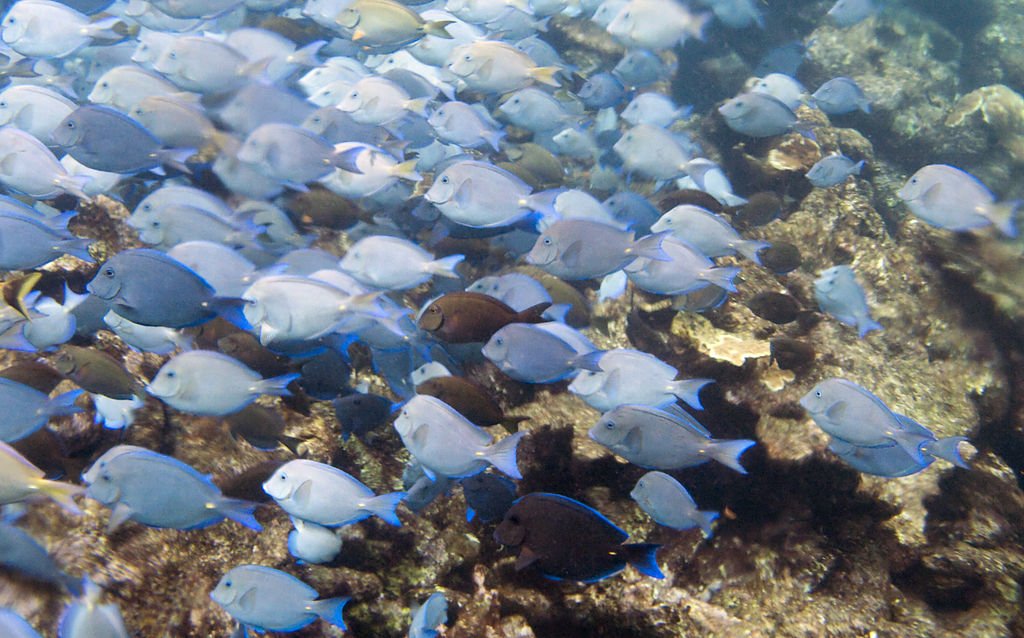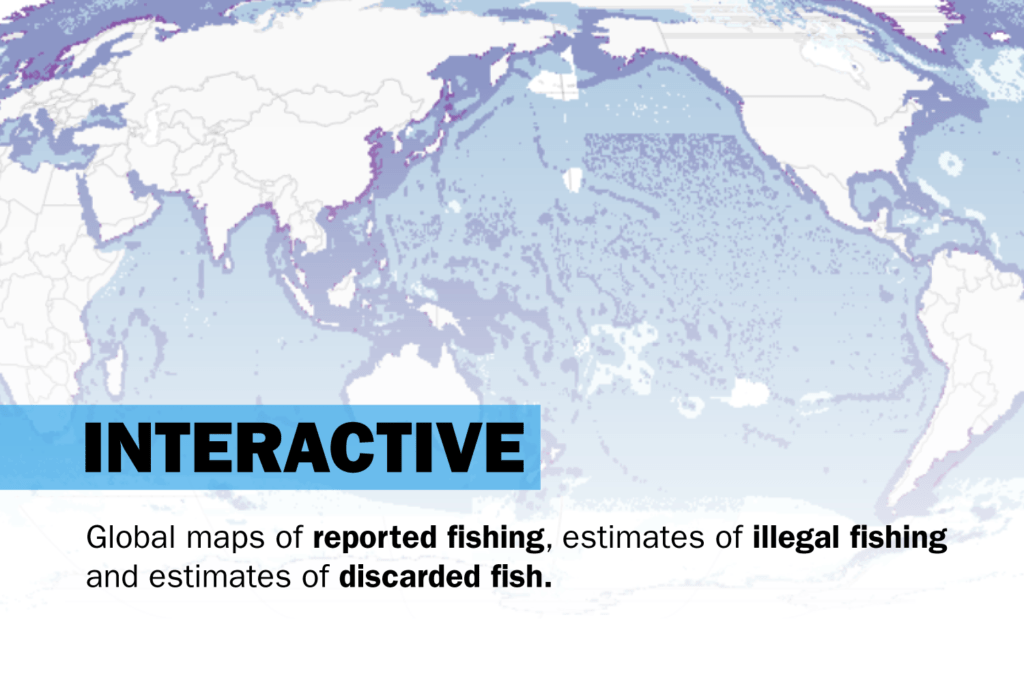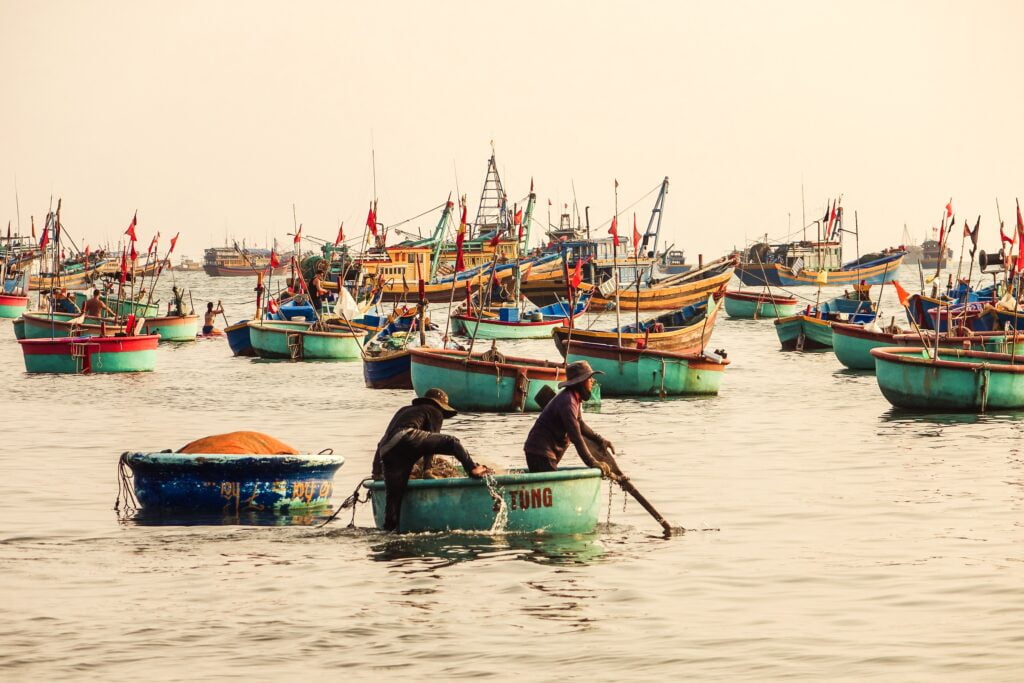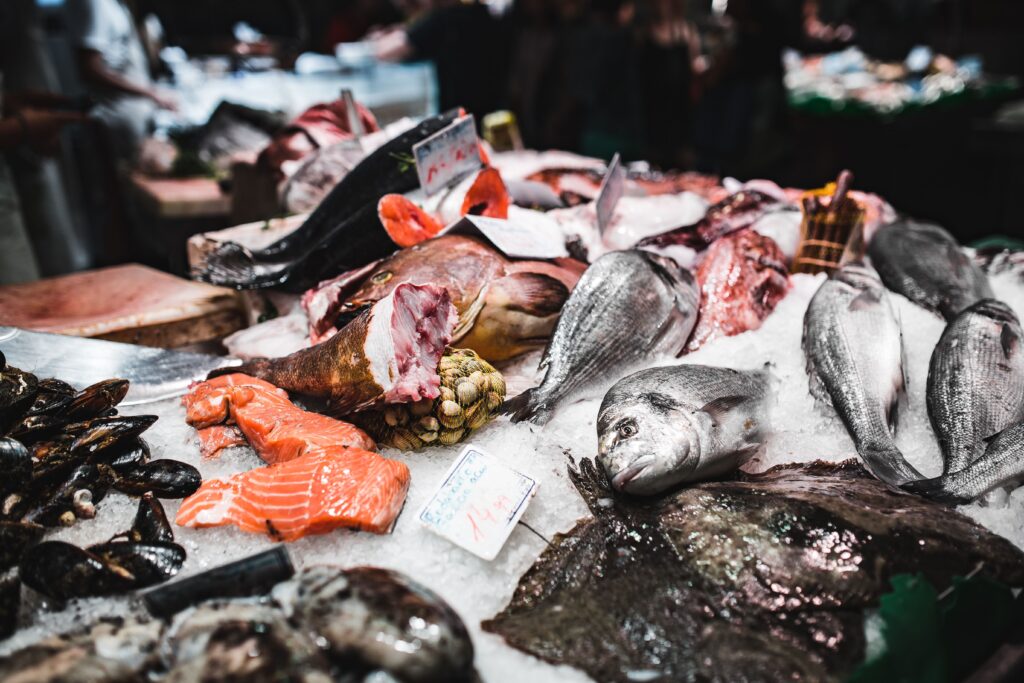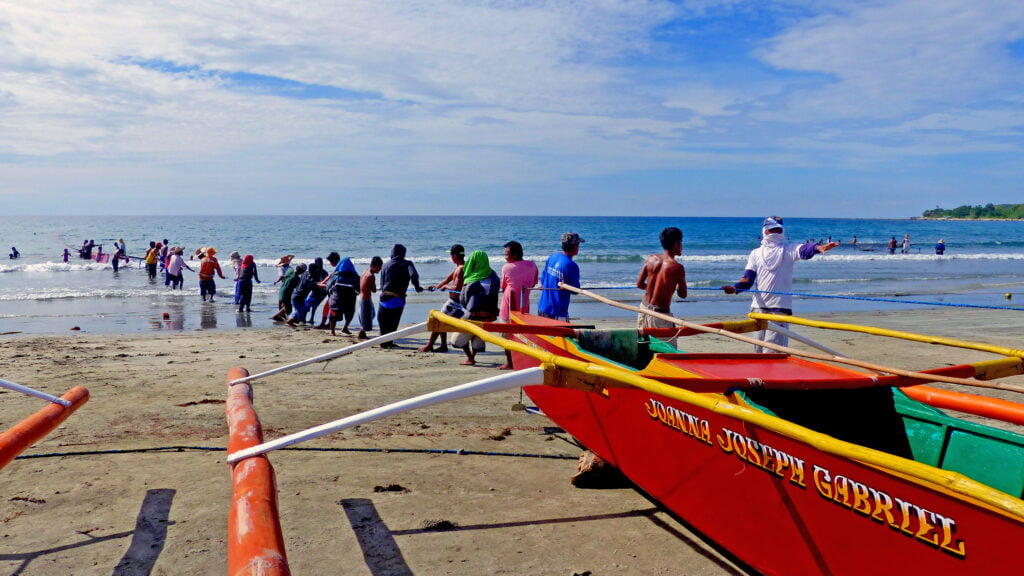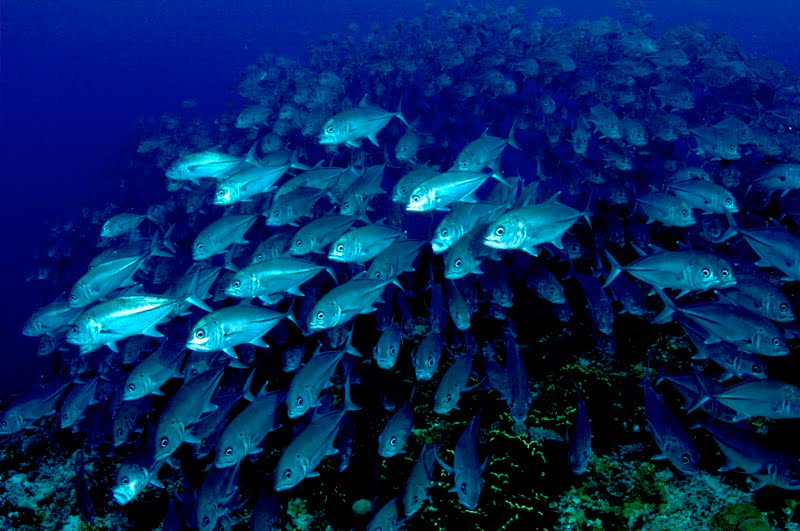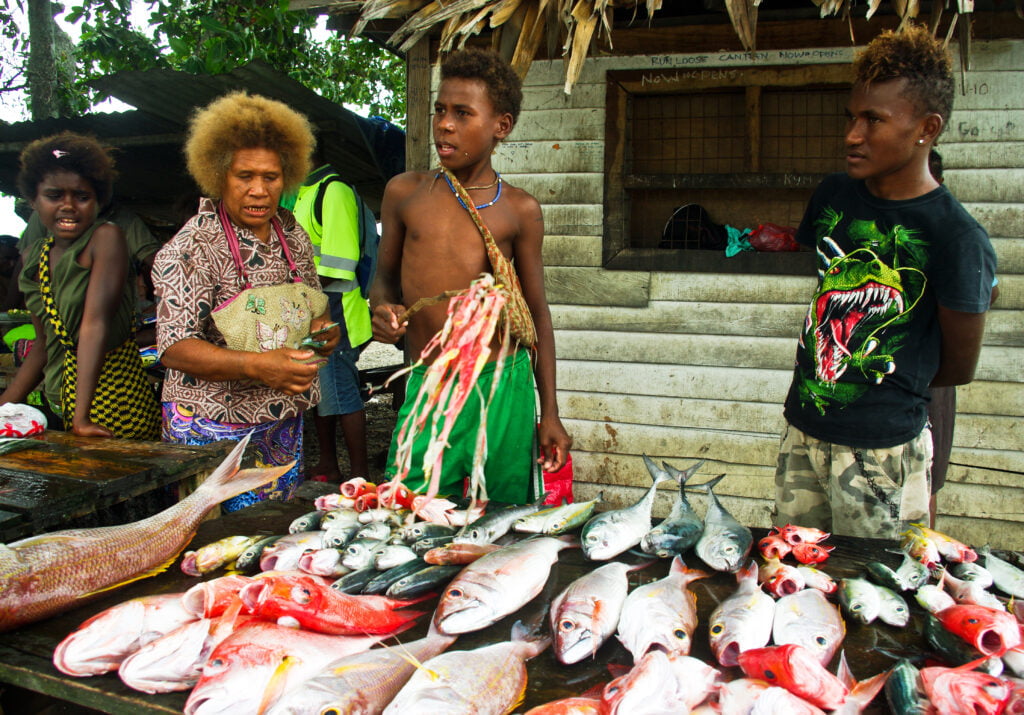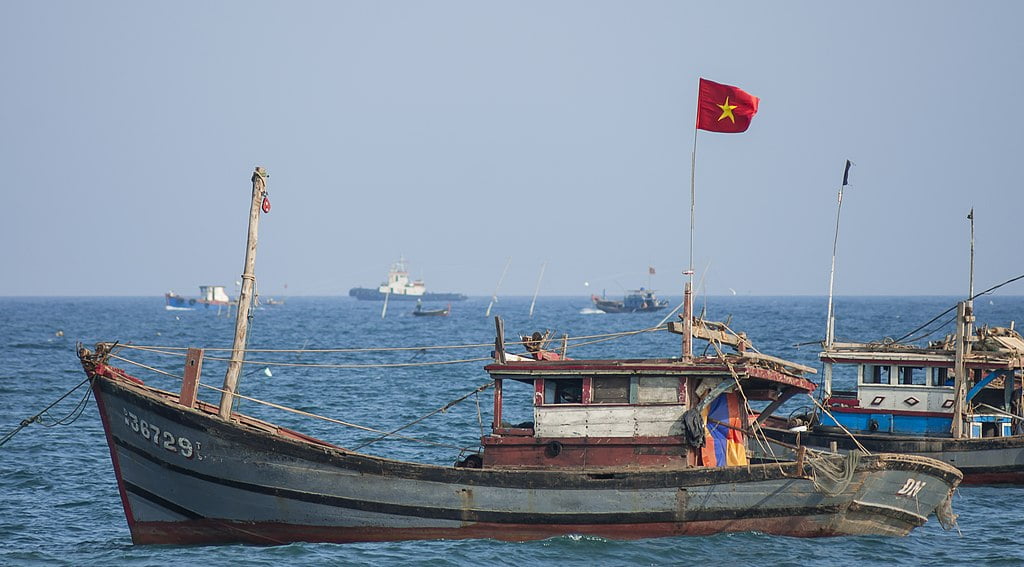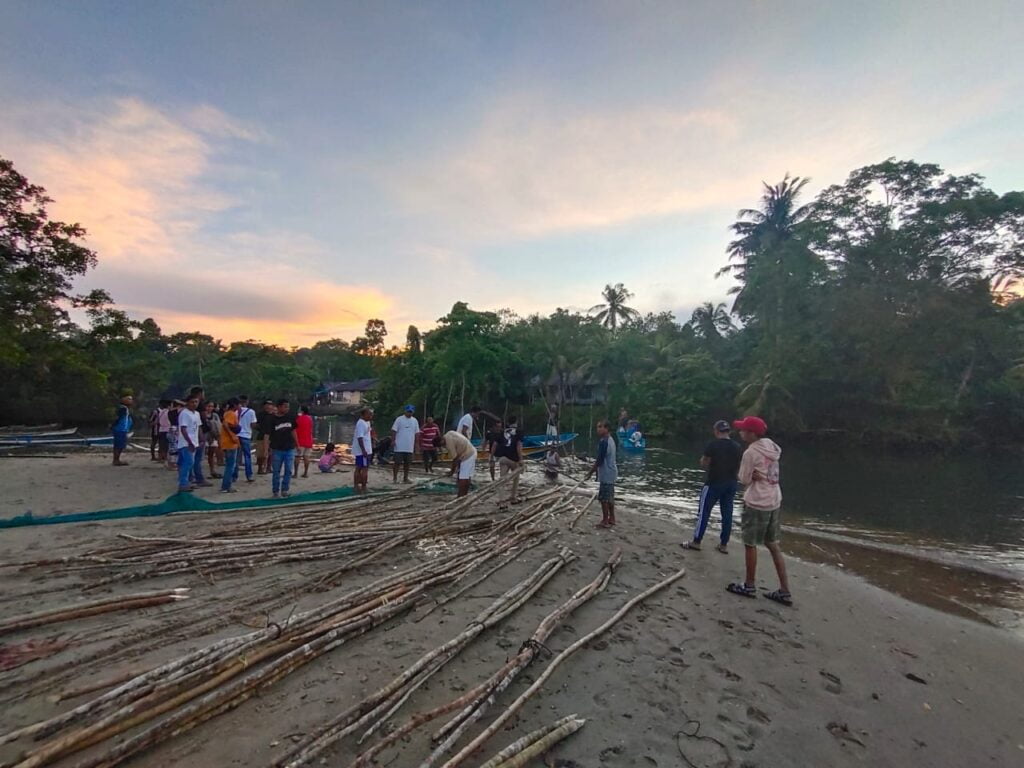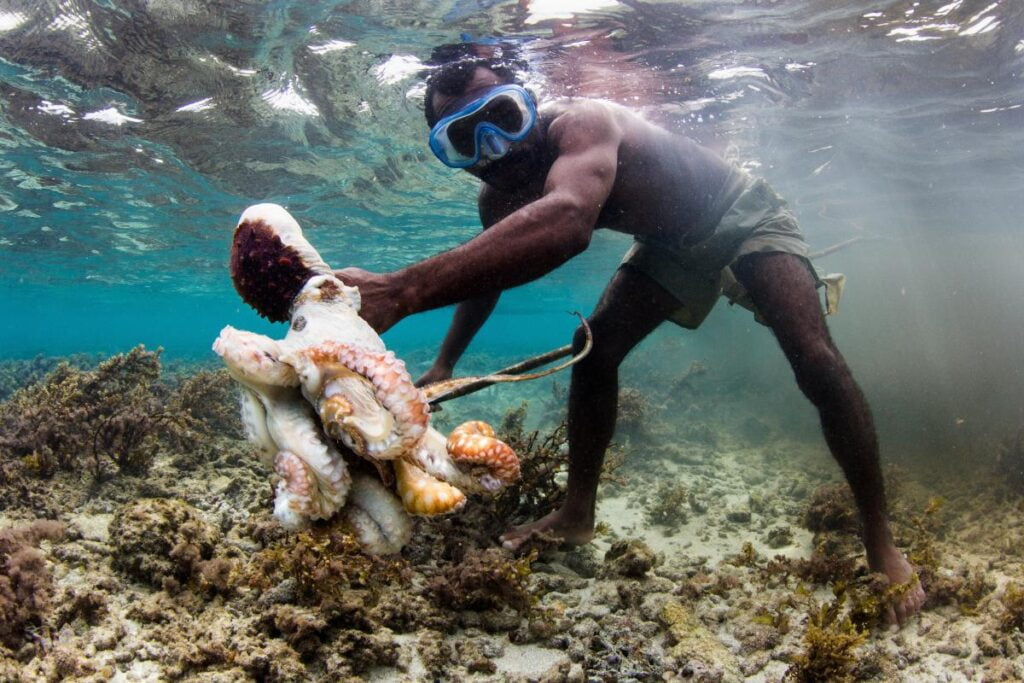We use cookies to improve your experience with Monash. For an optimal experience, we recommend you enable all cookies; alternatively, you can customise which cookies you’re happy for us to use. You may withdraw your consent at any time. To learn more, view our Website Terms and Conditions and Data Protection and Privacy Procedure.
Empty oceans
Published on June 8, 2022Fish stocks and seas face multiple threats, but marine scientists are working to find solutions to restore our vast blue ecosystem.
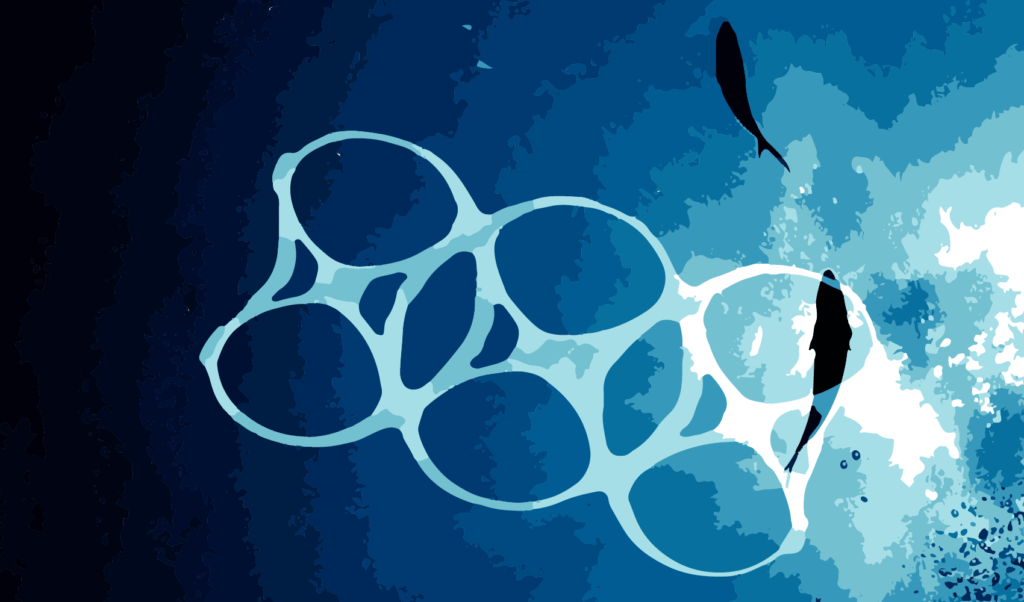 Fish stocks and seas face multiple threats, but solutions to restore our vast blue ecosystem exist. : Michael Joiner, 360info CC BY 4.0
Fish stocks and seas face multiple threats, but solutions to restore our vast blue ecosystem exist. : Michael Joiner, 360info CC BY 4.0
Fish stocks and seas face multiple threats, but marine scientists are working to find solutions to restore our vast blue ecosystem.
The ocean is a significant source of livelihood, food and medicine for billions of people around the world — oceans are the real lungs of our world.
But the cumulative impact of human mistreatment is taking a toll on our marine ecosystem’s structure, function and survival.
Annual World Oceans Day on June 8 focuses on conservation for future generations who will no doubt feel the effects of our actions today.
From pollutants entering the ocean, to overfishing and climate change, what we decide to do now can protect valuable ocean resources.
Last month’s Our Oceans Conference in the Pacific Island nation of Palau established six ways we can begin to do this: by advancing marine protected areas, tackling marine pollution from its source, creating sustainable blue economies, advancing small-scale fisheries, tackling climate change through resilience and action, and better ocean surveillance to combat illegal fishing.
Conference moderator Robert Richmond, research professor at the University of Hawaii, said: “We have a wicked problems in the ocean, but all of them are addressable.”
“We have a window but that window is closing fairly quickly.”
REALITY CHECK
The ocean produces at least half the world’s oxygen and is the main source of protein for more than a billion people around the world, according to the United Nations.
We are taking more from the ocean than can be replenished — 90 percent of big fish populations have been used up, and 50 percent of coral reefs are destroyed.
Fish by-products — made from heads, bones and off-cuts — which would have otherwise been wasted, can be a sustainable food resource.
Up to 14.0 million metric tonness of unreported fish catches are potentially traded illicitly each year worth up to US$17.2 billion.
BIG IDEAS
This quote is attributable to Dr Ray Hilborn, University of Washington:
“Individual [fish] stocks in all countries are decreasing. The solution to stopping declines is to reduce fishing pressure, although recognising that some stocks decline due to changes in environmental conditions and management changes cannot prevent that.”
This quote is atrributable to Rick Stafford, Bournemouth University:
“For many people, ‘sustainable’ is synonymous with ‘good’, so it might come as a surprise to discover ‘sustainable fishing’ can remove up to 80 percent of a fished species’ natural population.
“Research shows restricting offshore fishing would do far more to protect marine ecosystems and coastal livelihoods than the most ‘sustainable’ fishing practices.”
Editors Note: In the story “Empty oceans” sent at: 07/06/2022 10:36.
This is a corrected repeat.


